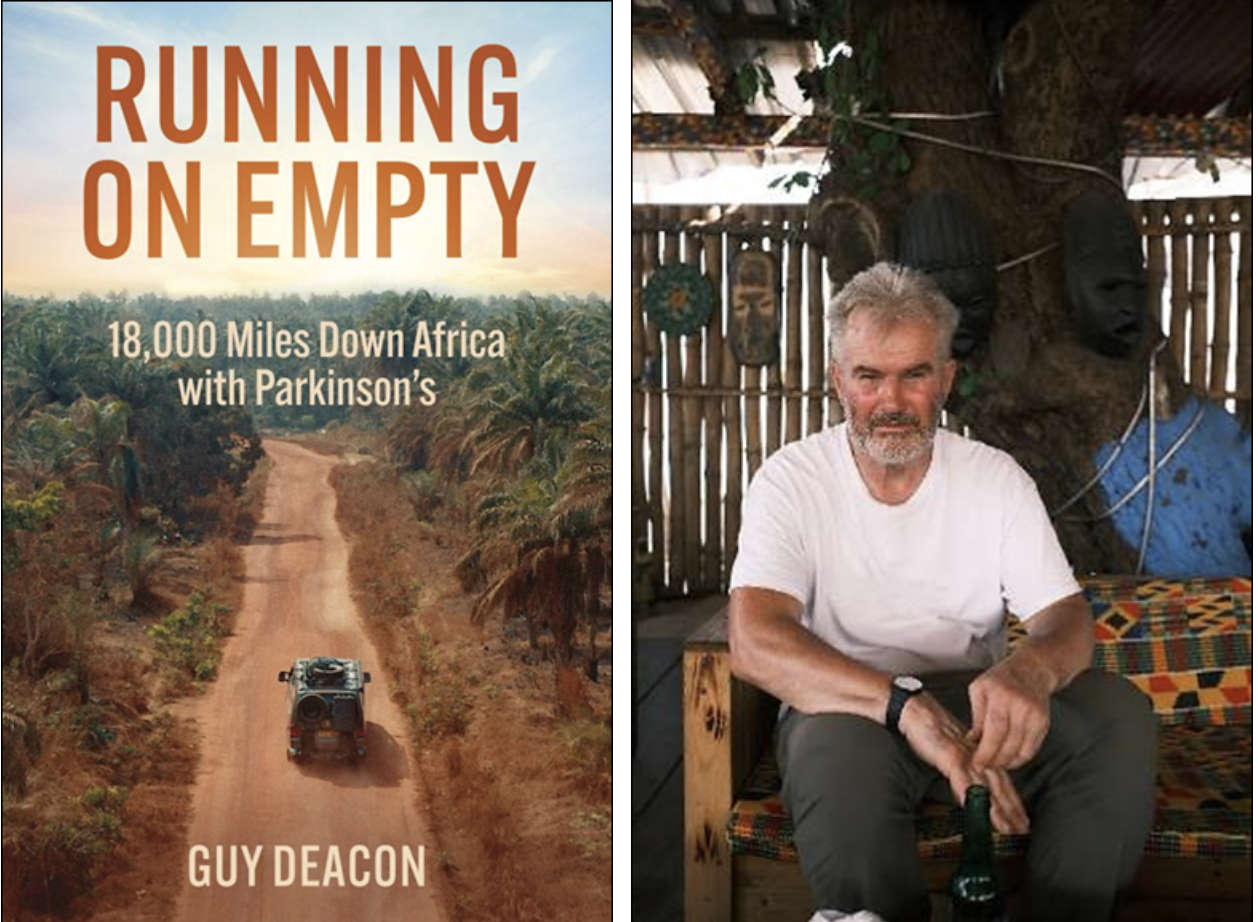
West Sussex’s Stansted Park will be hosting Running on Empty an evening event in aid of Parkinson’s Disease, with British explorer and leading Parkinson’s campaigner Guy Deacon CBE.
The event on the April 18, will feature an interview with Deacon and the chance to buy his new book “Running on Empty”, with all proceeds going to Parkinson’s charities.
Deacon, who last year drove 18,000 miles overland from his home in the UK to South Africa in order to raise awareness of Parkinson’s Disease, will also be the subject of a documentary to be shown on Channel 4 in July.
Aged 60 and having lived with Parkinson’s disease for over 10 years, Guy Deacon CBE set out 'for one last adventure', to drive solo from his home in the UK to South Africa. His journey, crossing Europe and the full length of Africa, would take the former army officer and father of two over 12 months, 18,000 miles, 25 countries, 5 breakdowns, an emergency evacuation and 3650 prescription pills.
Quite simply an incredible feat for a man travelling alone with Stage 3 Parkinson’s.
With very little use of his hands, poor spatial awareness and often appearing drunk to those who do not understand the disease, Guy would drive, live and sleep in his VW Transporter for 12 months, often camping alone in the jungle and remote spots hundreds of miles from the nearest village or town.
Navigating himself through cities and towns without knowing the language, Guy would often get lost and relied on locals for directions after taking a wrong turn or when network coverage killed his GPS or when the roads weren’t marked on the map.
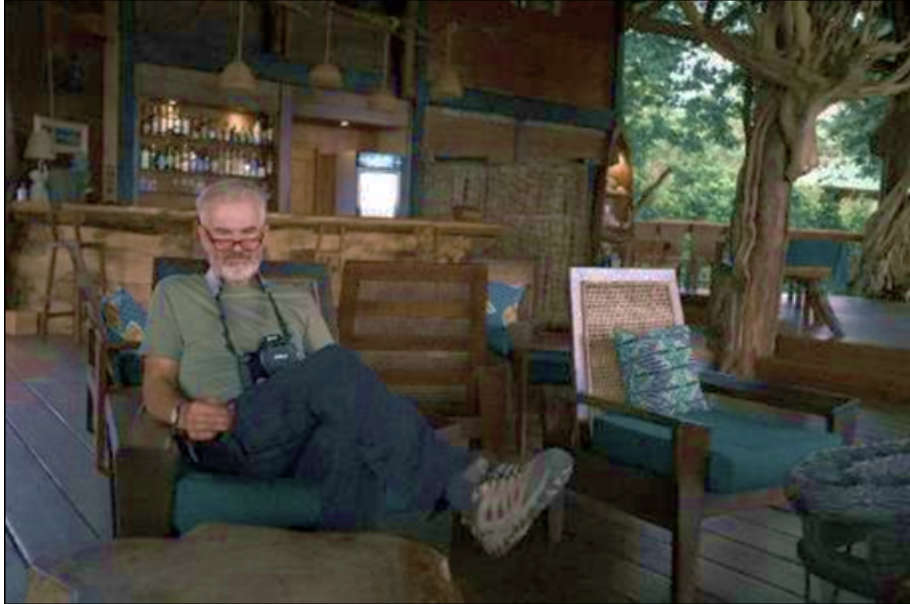
Not only would the journey be fulfilling a childhood dream to drive across Africa, but Guy’s mission was also to raise awareness of Parkinson’s Disease which is heavily stigmatised in Africa where it is often linked to witchcraft and black magic, leaving sufferers ostracised by their communities.
Parkinson’s Disease is the fastest-growing neurodegenerative illness worldwide and has no known cause and no cure. By 2040, more than 13 million people will be living with PD – a quarter of them in Africa where the disease is little understood. On his journey Guy met with Parkinson’s sufferers in almost all the countries he travelled through and learnt what daily life was like for those sufferers that he met, but first he had to get there.
There are never more than a handful of vehicles a year attempting to drive from the North African coast to Cape Town in South Africa. Some never complete the journey. Conflict in Libya, South Sudan, the Central African Republic, the Democratic Republic of Congo, Mozambique, Ethiopia and Cameroon, make any journey exceptionally dangerous.
In central Africa, road conditions, particularly in the rainy season make the going difficult and often treacherous. Add illegal checkpoints, extortion, contaminated fuel and lack of services and this was to be a huge undertaking.
Guy first set off in November 2019 making it as far as Sierra Leone in March 2020 when the COVID 19 epidemic struck. The borders were closed and after being stuck in Sierra Leone with no way out, Guy was evacuated by the British Government on an emergency relief flight leaving his trusty van behind.
Many adventurers have setbacks on their journeys but for Guy, with each passing month that he waited in the UK for travel restrictions to lift, his Parkinson’s would advance and his mobility would deteriorate. By the time he restarted the journey two years later in March 2022 his condition had deteriorated significantly.
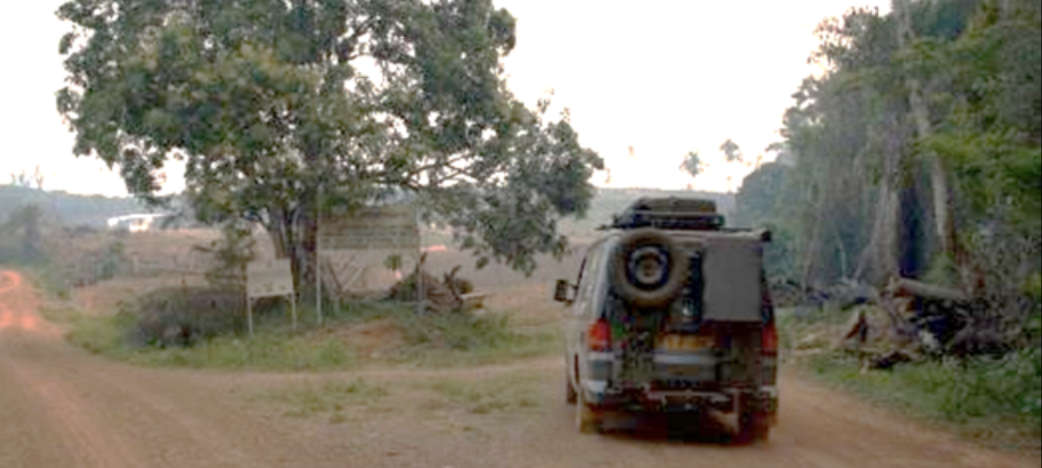
Parkinson’s disease affects mobility so the simplest tasks from emptying pockets, to tying up shoelaces, going to the loo and putting on clothes, and from typing a text to picking up change and making food became herculean for Guy.
The day to day challenges of living in Africa, the condition of the roads and living in a relatively small space would be challenging to anyone let alone a Parkinson’s sufferer who struggles to move limbs and has to take every task incredibly slowly.
Several times throughout the 12 month journey Guy came close to giving up. The challenge left him both physically and mentally exhausted and as the days wore on, he found it more and more difficult to communicate and began feeling increasingly isolated and alone. He had a phone to keep in touch with friends and family, but with his limited dexterity it was often easier not to. In the end it was the kindness of strangers that restored his faith and spurred him on in his darkest hours.
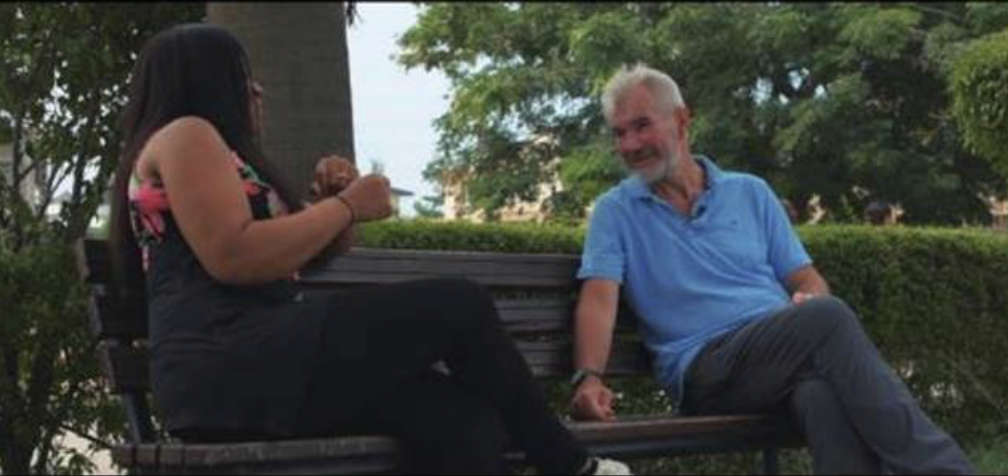
There are countless examples of things going wrong and strangers stepping in to help and offering him a bed for the night. When his rear differential broke in Andorra, when his clutch burnt out in Cote d'Ivoire, when his suspension collapsed in Gabon, his prop shaft broke in Angola, when he contracted malaria inZambia, when his phone was stolen in Cote d'Ivoire and on those occasions where he forgot to take his medication and his symptoms would dramatically worsen.
But each time Guy thought that the latest setback would be the end of the road and he would have to give up, there was always someone who would step in to help, a stranger reaching out to help him in his hour of need.
Throughout the 18,000 mile journey Guy kept a video diary and was joined on four occasions by a documentary maker. This has resulted in 85 hours of footage and several thousand photographs of his adventure through the heart of Africa which has been made into a one-hour documentary for Channel 4 to be released in Spring 2024.
Guy was supported throughout his journey by The Cure Parkinson's Trust, a charity set up to find a cure for Parkinson’s as well as Parkinson's Africa, whose mission is to raise awareness and empower those with Parkinson’s to make informed decisions about their own health.
Tickets to the Stansted Park event are available online here: Guy Deacon Talk | Stansted Park.
The event: April 18, 7pm – 9pm, open to everyone and includes refreshments and canapes with all proceeds going to support Parkinson’s.
-------
About Guy Deacon CBE
Guy Deacon CBE joined The British Army in 1985 after reading anthropology at Durham University. During his time as a student and in the early years of his career in The Queen’s Dragoon Guards, he travelled extensively throughout Africa.
His career has taken him all over the world including 18 months in The Congo with the UN after which he was awarded an OBE for his services in disarming and demobilising rebel forces. After a wide variety of roles, his later career was spent in managing careers of officers and soldiers and he ended up as Colonel of The Royal Armoured Corps where he was responsible for much of the strategic thinking on how The Royal Armoured Corps could best provide an armoured capability to UK Defence. For this work he was awarded a CBE. He retired in 2019.
Guy was diagnosed with Parkinson’s in 2010 on his return from The Congo. He carried on working until the age of 57. At that point he started planning his journey from the UK to South Africa which has occupied his time since.
As an ambassador for The Cure Parkinson’s Trust and Parkinson’s Africa, Guy has visited 25 African countries and spotlighted the issues associated with Parkinson’s disease in Africa. He has appeared on local and national television and radio in most of the countries he visited reaching in the region of 500 million people. His message was clear:
Parkinson’s is a straightforward neurological condition with no cause nor cure and certainly not a result of witchcraft; that it is not contagious and people with Parkinson’s should not be isolated. Any stigma associated with the disease should be rebutted.
Guy lives in Dorset with his wife and their dog. He has two grown up children. He continues to raise awareness of the issues of Parkinson’s as best he can, despite suffering from the condition himself.

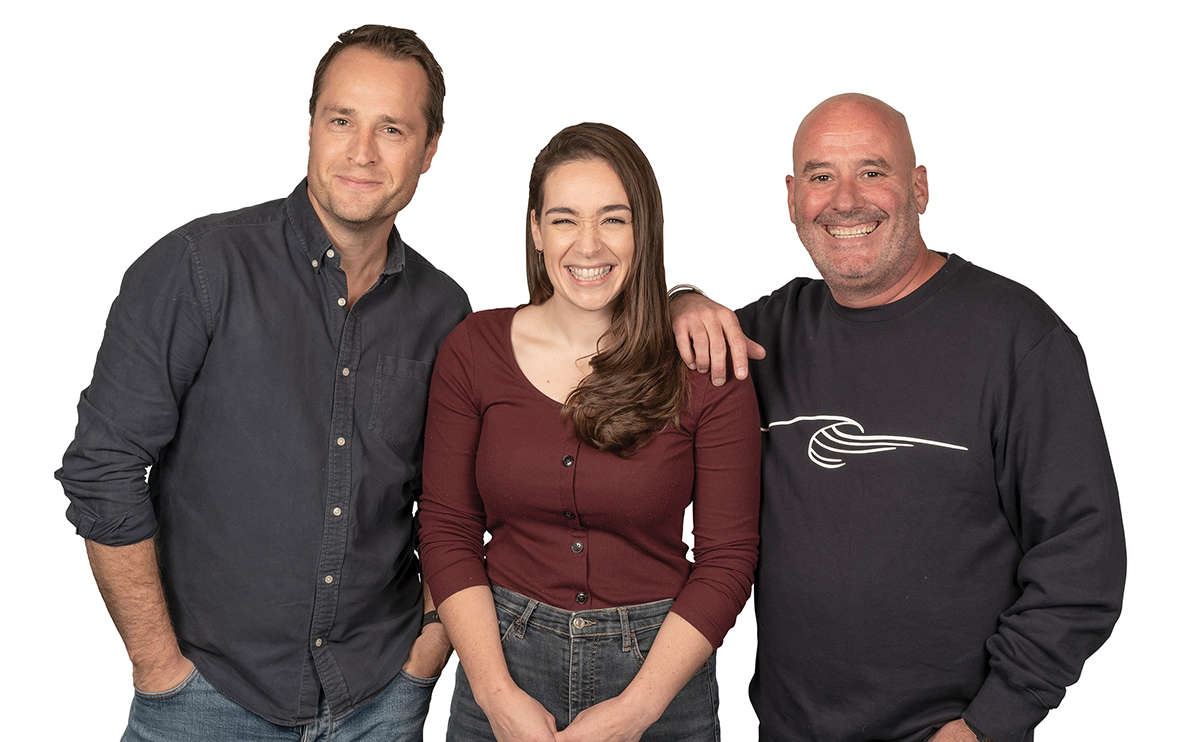
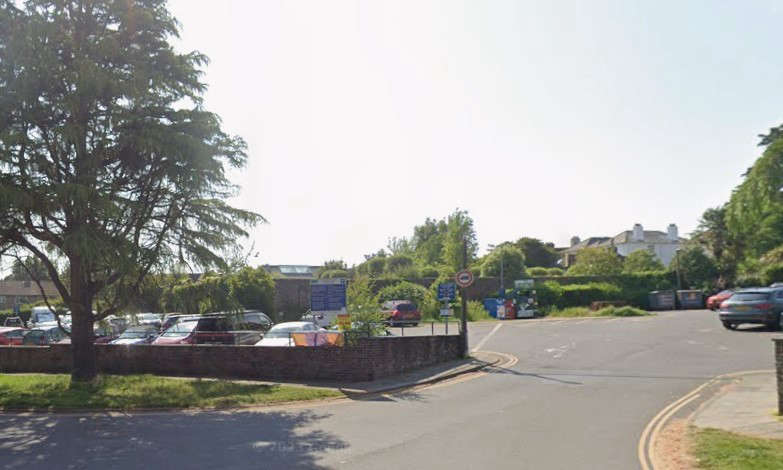 Sussex Towns Could Be Hit With New Car Parking Charges
Sussex Towns Could Be Hit With New Car Parking Charges
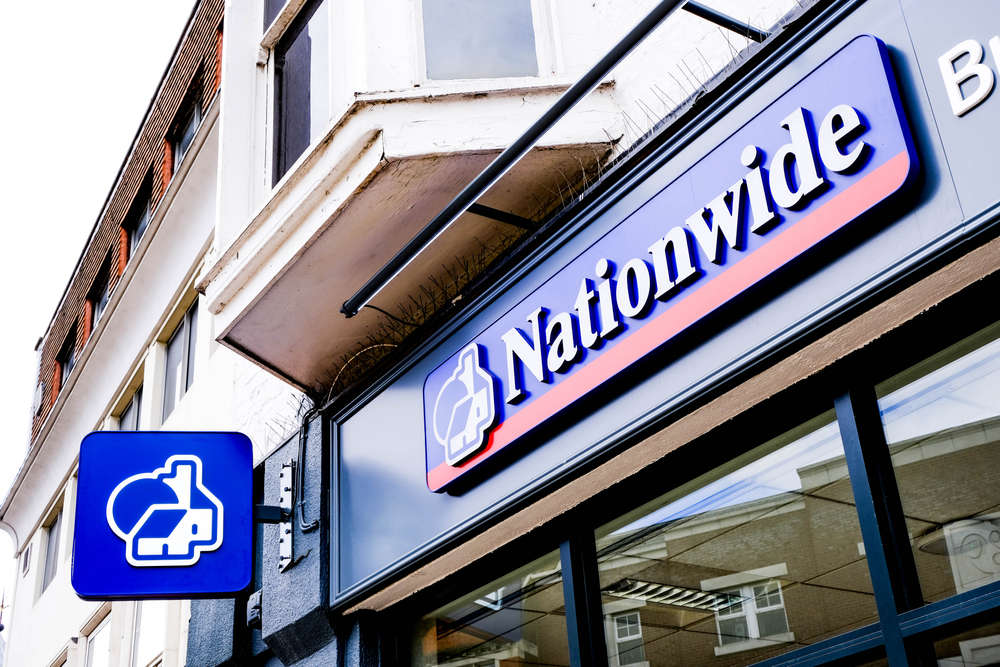 Nationwide Customers To Get £50 Each Following Virgin Deal
Nationwide Customers To Get £50 Each Following Virgin Deal
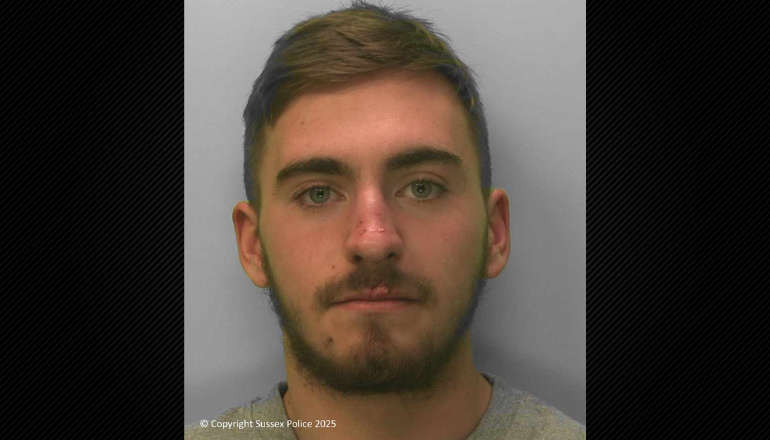 Disqualified Motorcycle Rider Sentenced Over Fatal Collision
Disqualified Motorcycle Rider Sentenced Over Fatal Collision
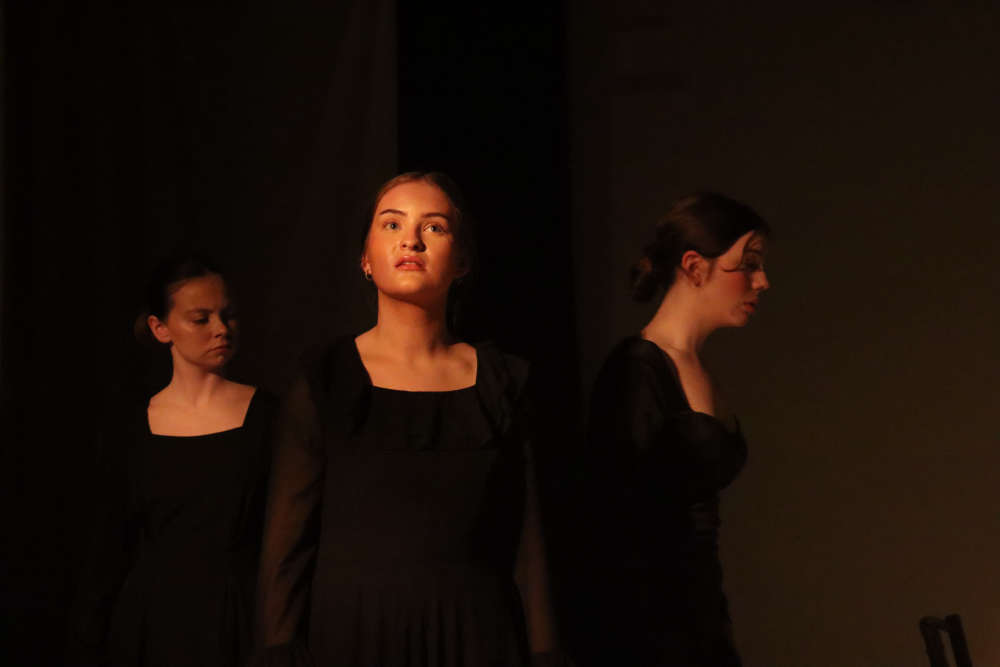 Uni Theatre Students Set To Shine At This Year’s Chichester Fringe
Uni Theatre Students Set To Shine At This Year’s Chichester Fringe
 Brighton College Accused To Manipulating Planning System To Hurry Process Along
Brighton College Accused To Manipulating Planning System To Hurry Process Along
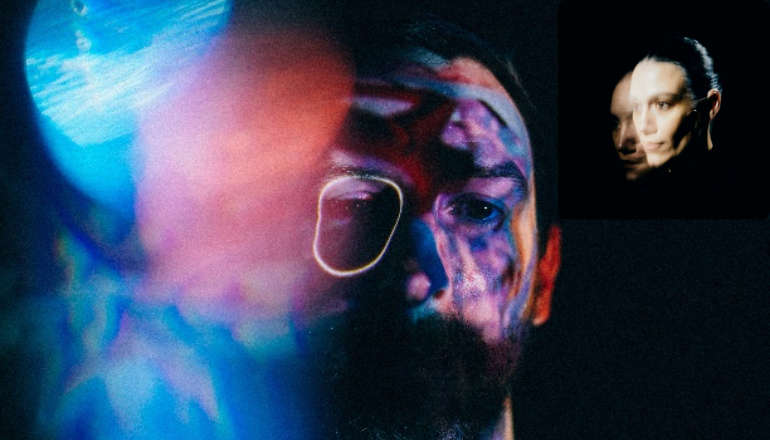 Global Artists And Strong Female Talent Announced For Blockbuster Brighton Festival 2025
Global Artists And Strong Female Talent Announced For Blockbuster Brighton Festival 2025
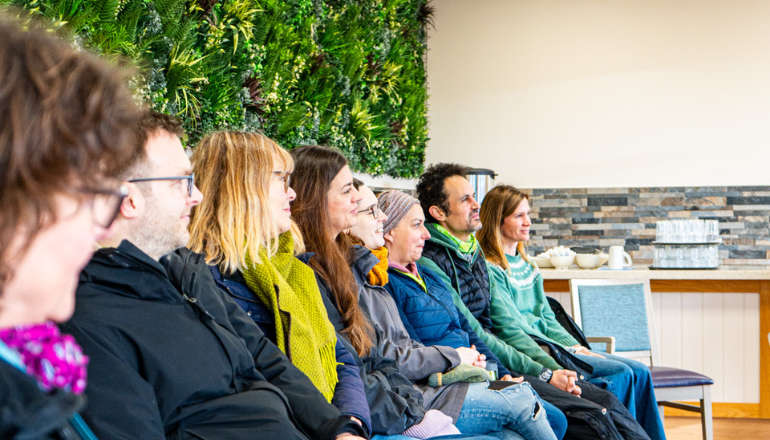 Sussex Garden Centre Works To Increase Industry Knowledge
Sussex Garden Centre Works To Increase Industry Knowledge
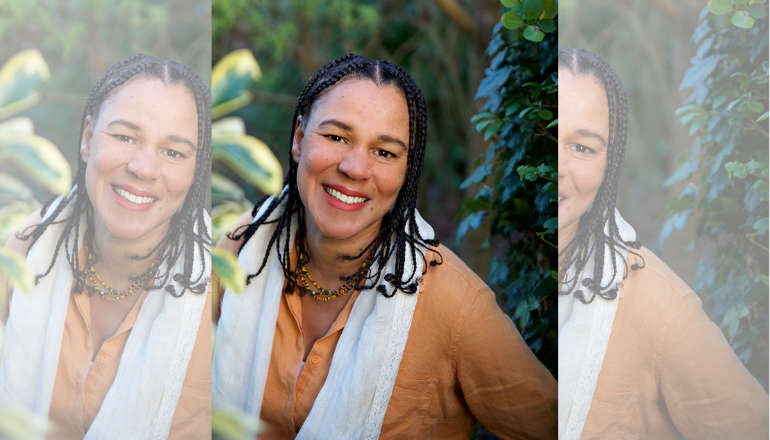 Award-Winning Garden Designer Brings Expertise To Sussex
Award-Winning Garden Designer Brings Expertise To Sussex
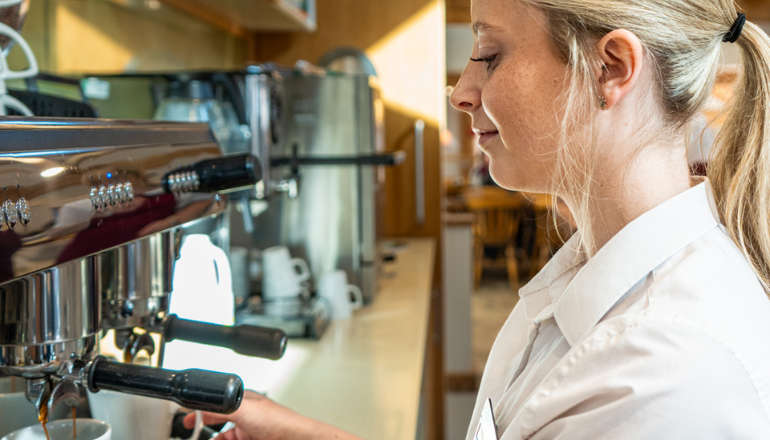 Enticing Menu Added To Popular Sussex Coffee Pod
Enticing Menu Added To Popular Sussex Coffee Pod
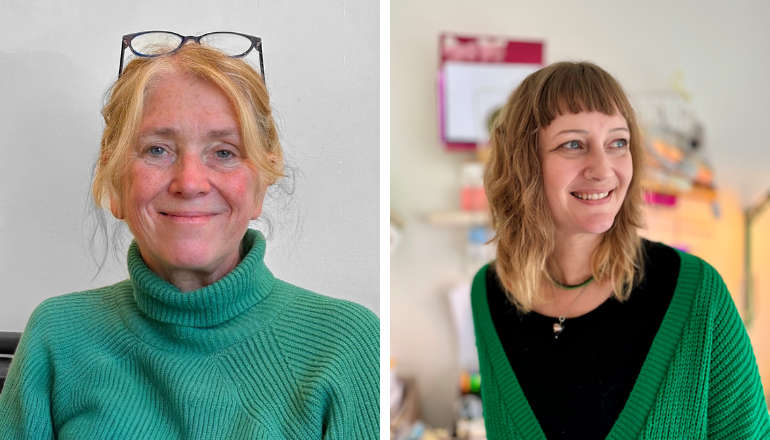 University Of Brighton Students Launch Creative Project To Support People Affected By Cancer
University Of Brighton Students Launch Creative Project To Support People Affected By Cancer